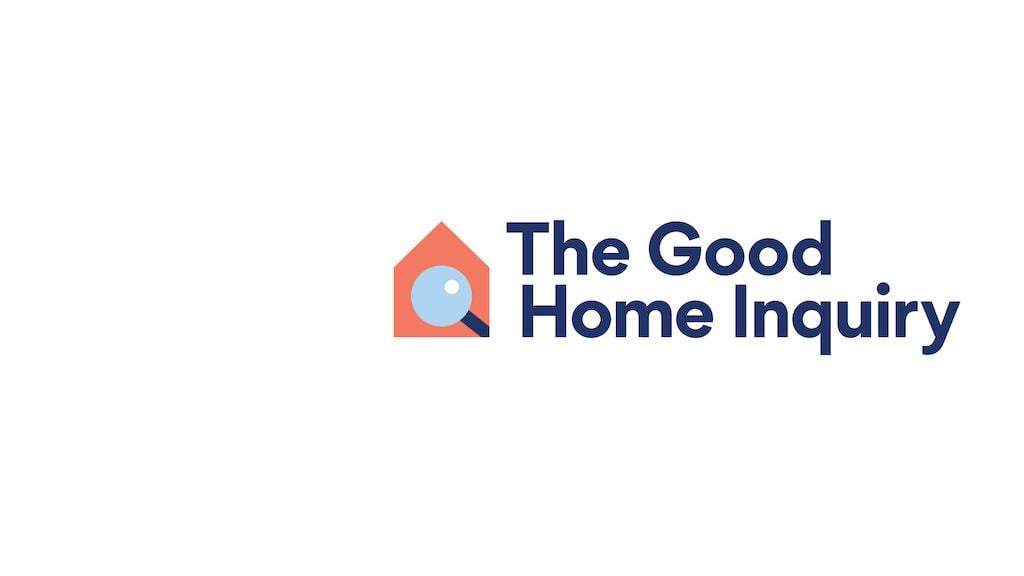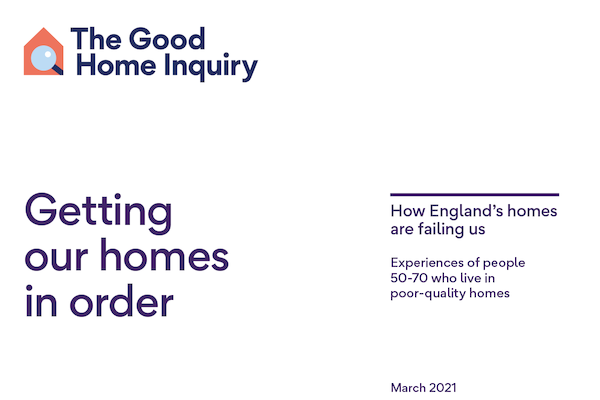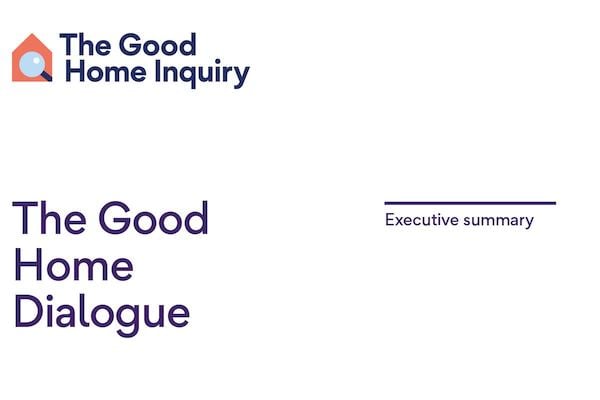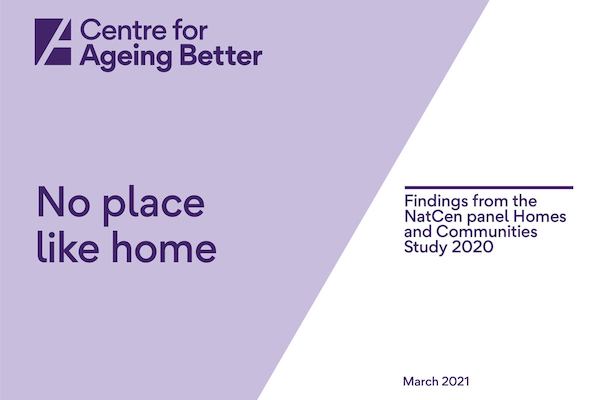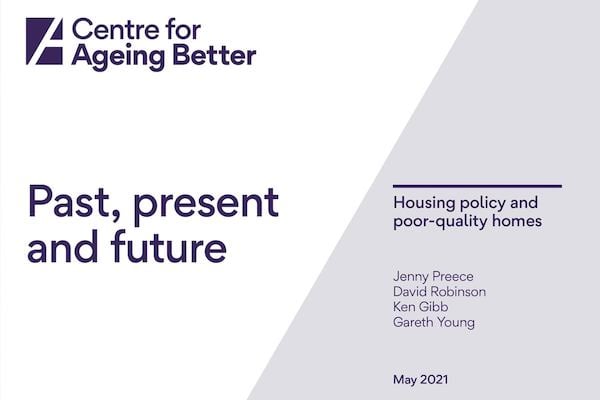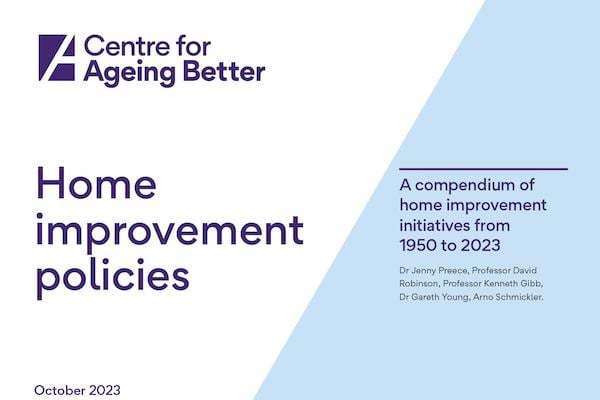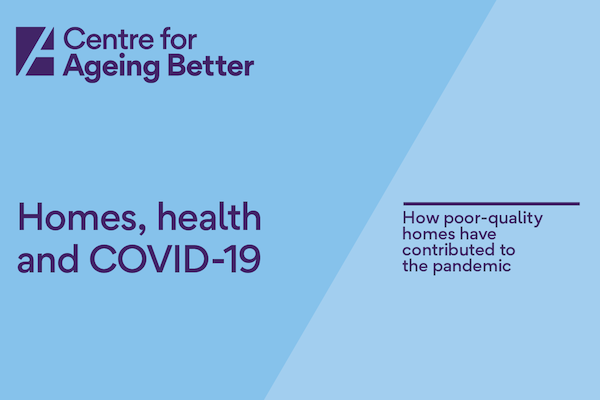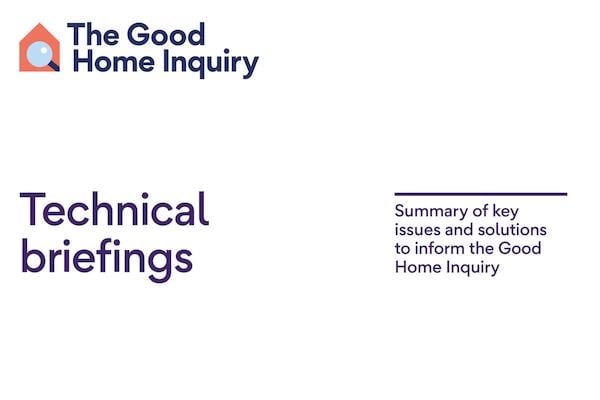Jump to a section
- Experience of our homes
- The policy context
- Health and our homes
- Energy efficiency
- Financing home improvements
- Digital connectivity
Around eight million people in England currently live in a home that presents a serious threat to their health and safety – defined by the government as a ‘non-decent home’.
The Good Home Inquiry, commissioned by the Centre for Ageing Better, provides an evidence-based analysis of England’s housing policies to determine the causes of, and solutions to, the poor quality of so many of our homes.
The need to act is urgent. We have an ageing population, with one in four of us expected to be aged over 65 by 2050. And yet the UK’s housing stock is the oldest in Europe, and the least suited to deal with the adaptations needed for the changing needs of an older population. This will inevitably lead to greater inequalities for older people, whether they are living in privately rented homes, social housing or owner-occupied homes.
The benefits of good homes are wide-ranging, from good health and financial stability to independent yet socially connected living. Investment in the maintenance and upgrading of our homes is vital to the nation’s infrastructure and would significantly improve the quality of life for older people across England.
The Inquiry was launched in July 2020 and ran until autumn 2021. Inquiry Chair, David Orr CBE, was joined by a panel of three leading experts – Lord Victor Adebowale CBE, Vidhya Alakeson OBE and Pat Ritchie CBE – bringing a diverse range of experience and expertise.
Read the final report from the Inquiry:
Experiences of unsafe homes
We commissioned a series of underpinning research projects to support the work of the Inquiry. These examine how people experience their homes to inform future policy solutions.
The policy context
We commissioned research projects that looked at the policy context, what we can learn from the past, and how this understanding can support the development of recommendations for future solutions.
Health and our homes
Poor-quality, non-decent housing has a profound impact on health. The condition of individual homes and wider neighbourhood characteristics have considerable impact on older people’s health and wellbeing, whether they are renting in the public or private sectors or owner-occupiers. Insecurity of tenure is also a significant factor for people living in privately rented homes. As the Inquiry took place in 2020-202, there was a particular focus on the impact of COVID-19.
Energy efficiency
The UK government has legally enshrined its commitment to reach zero carbon emissions by 2050. It cannot do that without addressing the problem of low-quality, non-decent housing. While the task is huge, the retrofit challenge also represents an enormous opportunity to create multiple benefits by acting to improve housing quality, reduce non-decency and adapt our homes for energy efficiency at the same time.
Financing home improvements
Financing solutions must be found in three key areas: maintenance and repairs; adaptations for ageing populations; and energy efficiency works. A mix of private and public finance will be needed to ensure that everyone’s home is warm and safe.
How can we tackle the financial barriers that prevent us from improving our homes?
Digital connectivity
Increasing use of technology within the home means that anyone without a good internet connection or the skills to make use of it will be at a disadvantage. With the shift to ‘virtual’ services in a post-COVID world, digital connectivity will be as much a part of what makes a good home as warmth, comfort and safety.
